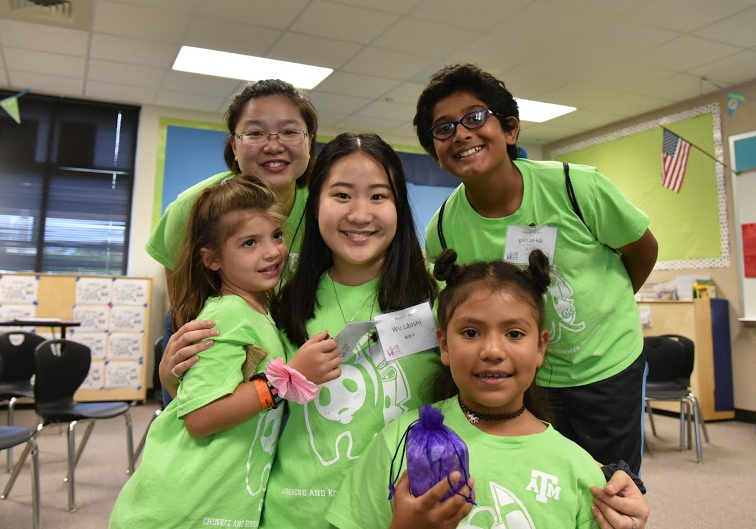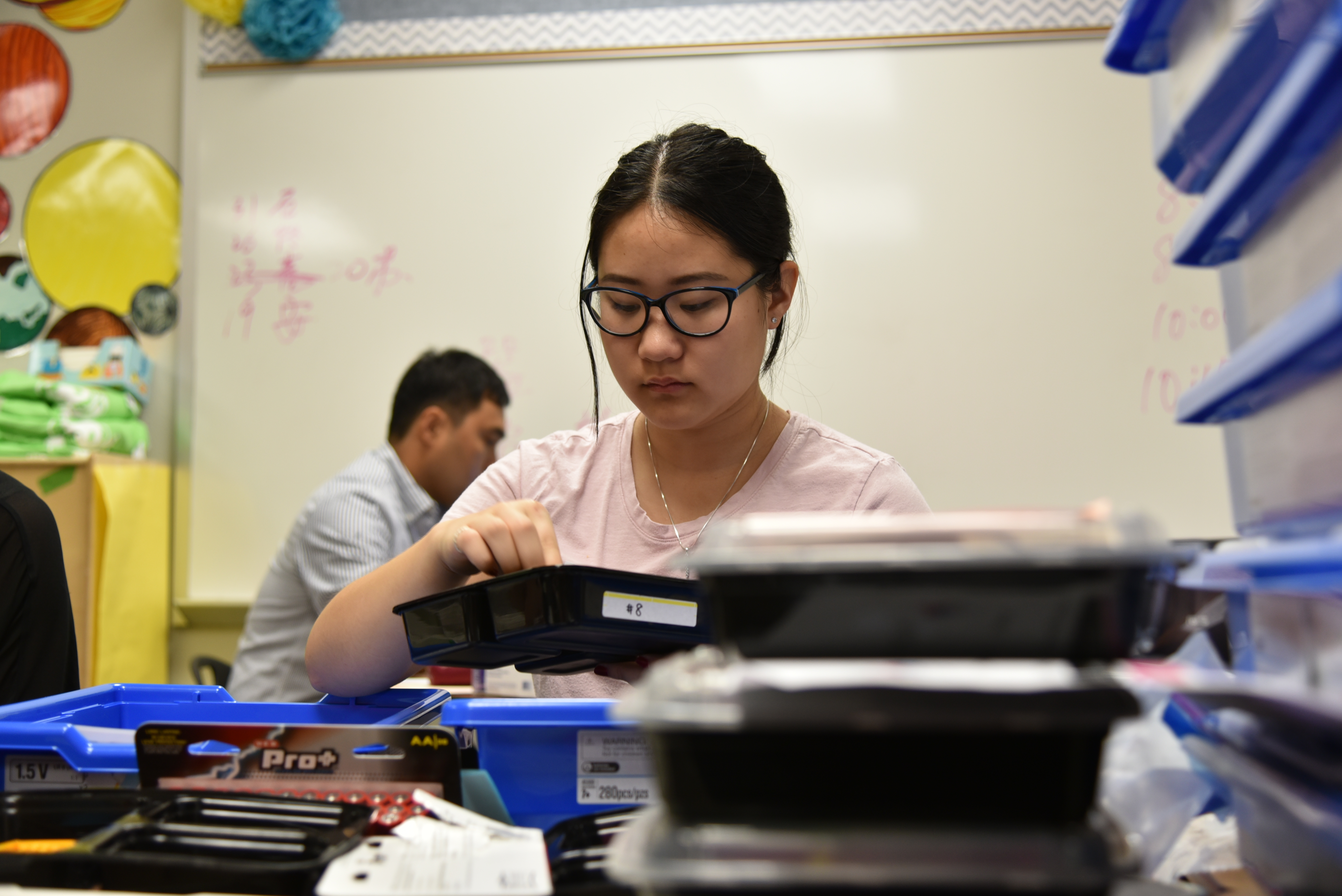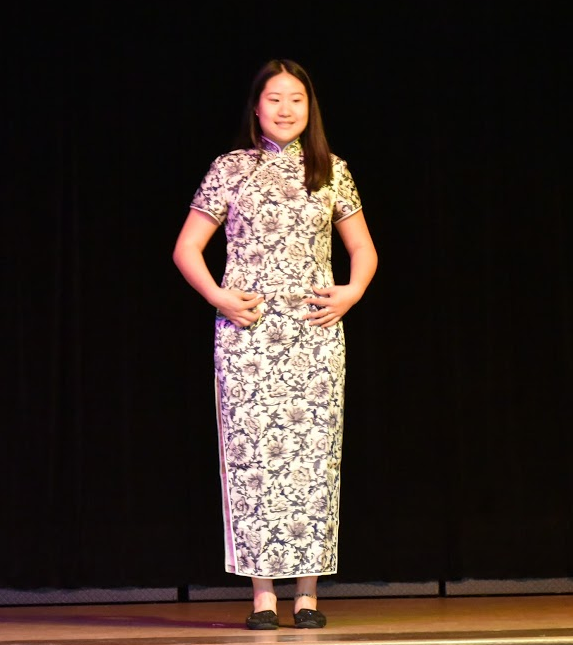
by Jennifer Zhan, editor-in-chief
It’s 7:30 a.m. As junior Michelle Wu hurries into the office to check in, she knows that several adults are counting on her to get to class on time. But not because she’s a student. When Wu walks into Spring Creek Elementary, it’s as a paid teacher.
STARTALK is a federal grant that allows Texas A&M University to hold a summer camp with Chinese and Korean programs for elementary students, free of charge. Wu has worked for the past four weeks as the photography coordinator and a Chinese science teaching assistant.

“It’s crazy whenever you think, ‘Wow, I actually taught someone a different language,’” Wu said. “I liked seeing the kids learn the phrases and then actually use them. For example, during science, whenever [the students] built with Legos, they would ask for [items] in Chinese, describing the colors, size, and shape.”
Teachers of the STARTALK program are asked to give 90 percent of their lessons in the target language. Students are expected to apply phrases and vocabulary learned throughout the month in daily lessons, as well as in craft and science classes.
“Just having the kids’ attention in class [is hard], because of course it’s a different language than what they speak and it’s probably going to get difficult and frustrating sometimes,” Wu said. “I always have to just snap them back into focus to actually listen and learn so they can use it later.”
Wu said part of the reason she applied for the program was because she enjoyed interacting with children. However, Wu was also responsible for making slides to accompany lessons, organizing Legos for science classes, and getting photos for each student’s personal program iPad, which was provided for review apps, games, and other technology projects.
“As one of the coordinators, I sent out emails and even had meetings,” Wu said. “I thought [working with adults] would be a lot more intimidating, just because they were older. But even though they knew I was 15, they were actually really nice and treated me with respect.”

Despite this being Wu’s first job in an office, fellow TA Celeste Aucoin said she had no problem fitting in with the staff of mostly undergraduate students and university faculty.
“She’s very mature for her age,” Aucoin said. “Even compared to some of the graduate students, she’s more open to doing tasks. Instead of shying away from any responsibilities, she’ll take care of all of it in a timely manner.”
After the first week of the program, Wu and the other members of the Chinese B teaching staff had lunch together outside of work. Despite the short amount of time, Wu said their team already felt like a family.
“I hope we can have another meal together in the future,” Chinese B teacher Wei Xie said. “I know [her job] was very hard, because last year I was the science teaching assistant. But if told her to do something, she could do it by herself or figure out who to ask so she could do it.”
Although Wu often felt stressed by her work, she said that there were just as many lighthearted moments, such as dancing every morning to energetic Chinese pop with her class. She also looked forward to cultural showcases throughout the camp, such as guest performances of traditional music and dance.
“My parents have showed me some of my culture in the past,” Wu said. “But seeing it again, and actually participating and showing it to others is just kind of a remembrance that culture’s important. That although each culture’s different, they’re all special and beautiful in their own ways.”

